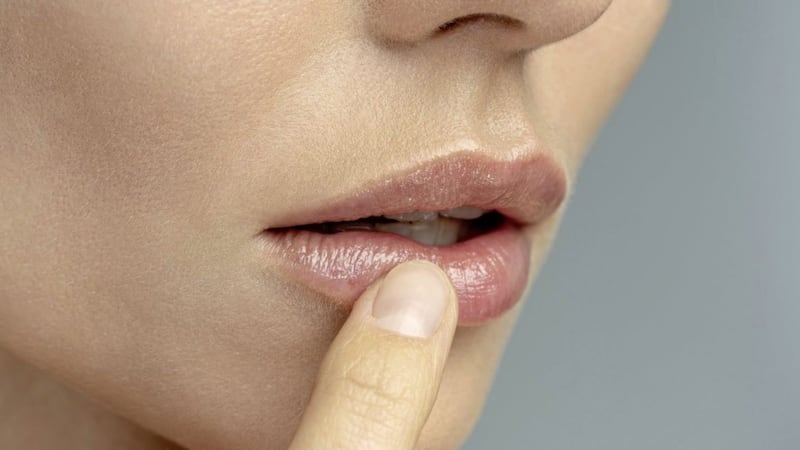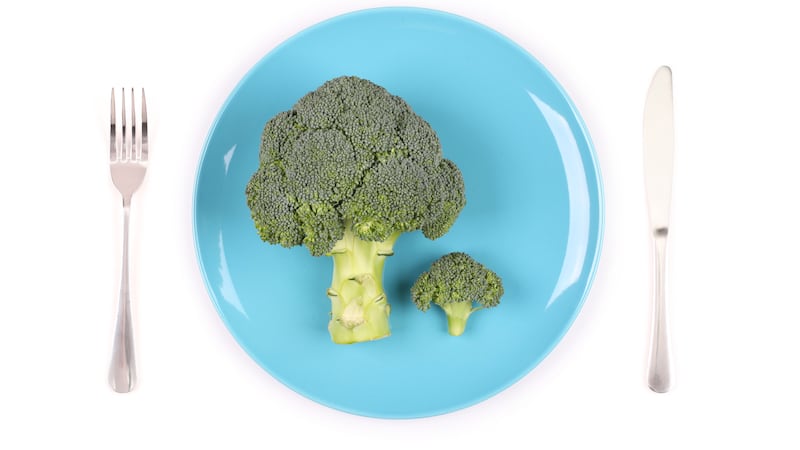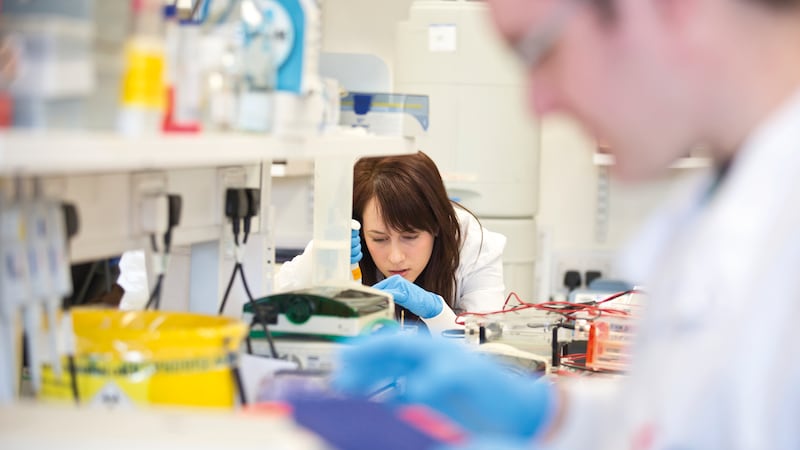LIP cancer is the most common cancer of the mouth and kills more people than both cervical and testicular cancers combined but 75 per cent of people are oblivious as to what to look out for.
Luckily, it's one of the easier cancers to spot as the lips are an exposed part of the body. Close friends and family are often the ones to point out that there might be an issue as they are in pole position to spot something different during conversations.
The Dental Health Organisation says that with early diagnosis, "the chances of survival from lip cancer are nine out of 10".
So, it's telling a worrying lesion from the more run of the mill cold sores or lip cracks that's the trick. Non-suspicious things tend to heal up in around a couple of weeks as the body sorts itself out.
It's the non-healing critters that you need to be on top of. Be on the lookout for lumpy or wart-like growths, any red patches that become crusty, itchy or start bleeding and even areas that look abnormally white or scar-like. As a lip cancer progresses the lips can start tingling and feeling numb.
The biggies that increase your chances of getting lip cancer are too much baking in the sun or going OTT on the tanning beds.
Cigarettes are an obvious baddy when it comes to forming lip cancers and frequent alcohol can also stimulate the cells to grow abnormally ending up in a cancerous lesion.
You can reduce your risk of developing lip cancer by using sunscreen and a lip balm with a high SPF protection factor daily. Hats with a wide brim will also help to shield the lips.
Limiting the use of tanning beds, reducing how frequently you take alcohol and quitting the cigarettes will all help to create a good environment for healthy tissues. Also, try not to miss your dental check-ups as dentists are screening for oral cancers.
If you are concerned speak with your doctor or dentist and then they can check for any other lumps in the area and arrange a biopsy when appropriate.








